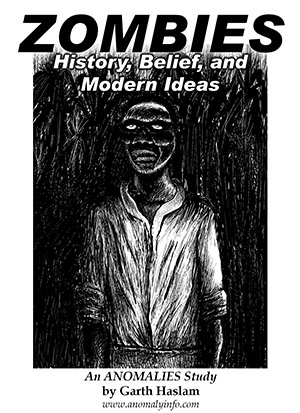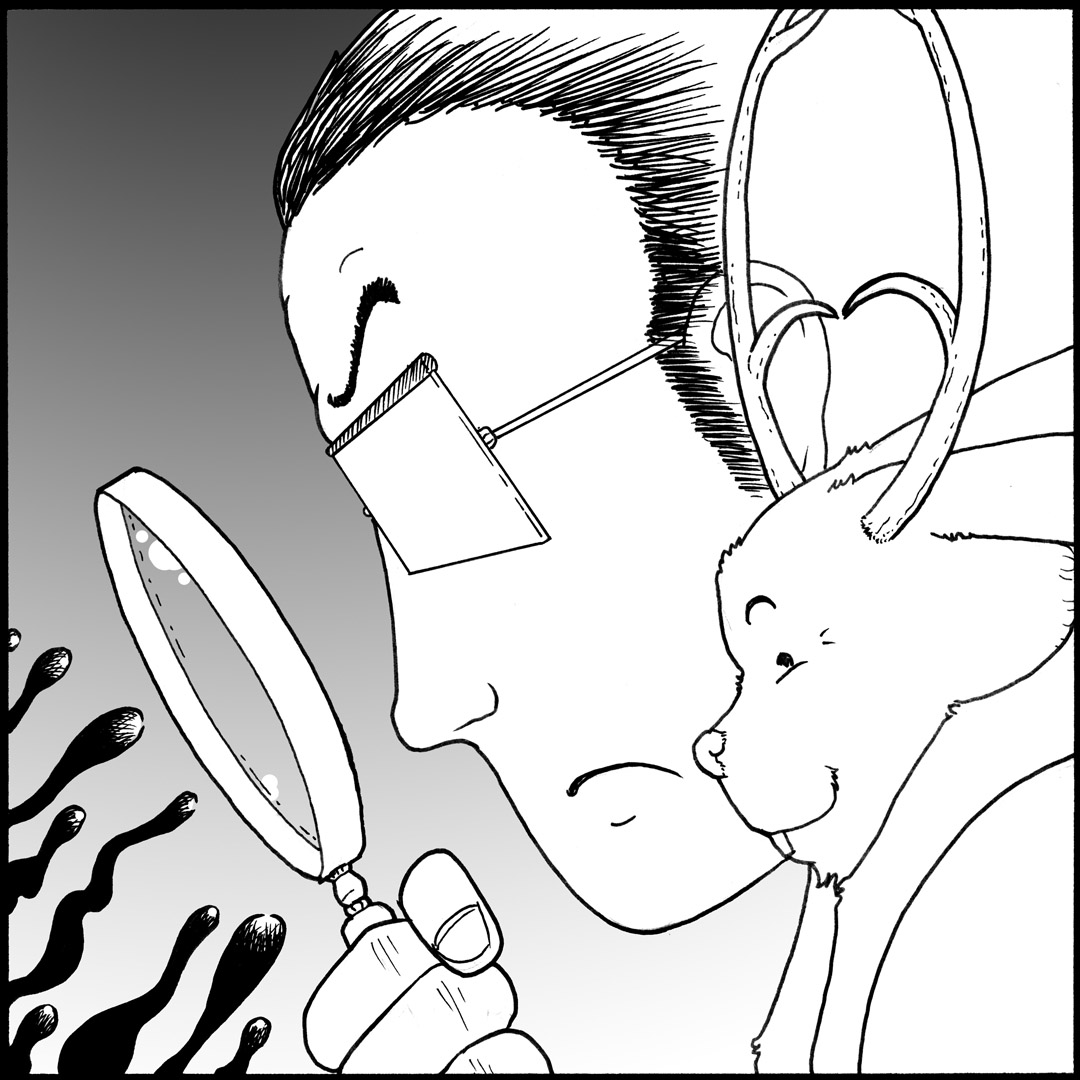1837 (pub): Dzuma, a Polish Plague Woman
According to Jacob Grimm's 1844 Teutonic Mythology, Polish author Kazimiérz Władysław Wóycicki published a tale about a plague woman he called Dzuma in his 1837 folklore collection called Klechdy (Tales), Vol. I. 'Dzuma' is Polish for 'plague.' According to Grimm, the tale goes thus:
Dzuma had laid waste to the land, emptying villages, rendering roosters incapable of crowing and dogs incapable of barking... but the latter animals still growled when they picked up the scent of the plague, even from afar. One day a peasant saw the plague woman jump over a high fence and run up a ladder to escape a pack of dogs. The plucky peasant quickly pushed the ladder over, dropping the plague woman into the pack, whereupon she disappeared while making threats of vengeance.
Woycicki further tells us that Dzuma sometimes rode through the woods in a wagon, attended by owls; this event is known as 'Homen' (which has no translation). The plague of Dzuma could only last until New Year's Day, when those who had fled can return to their homes as long as they are careful not to enter through the door... they need to climb in through a window instead.
Anomalies -- the Strange & Unexplained, as well as my other website -- Monsters Here & There -- are supported by patrons, people like you! All new Anomalies articles are now posted for my patrons only, along with exclusive content made just for them. You can become a patron for just $1 a month!
|








